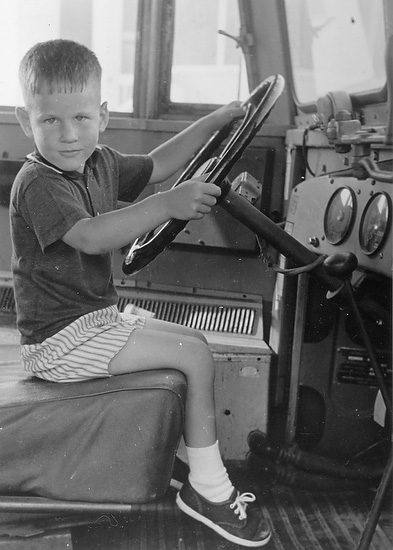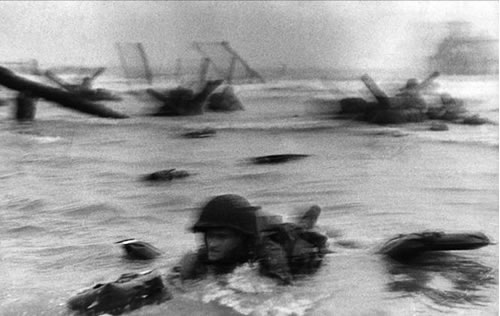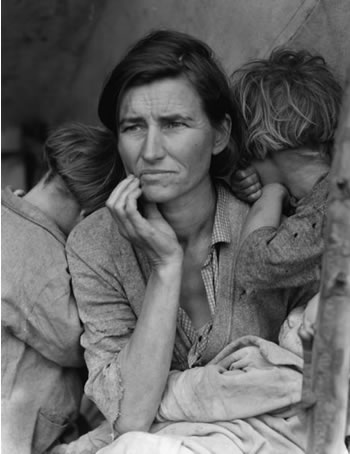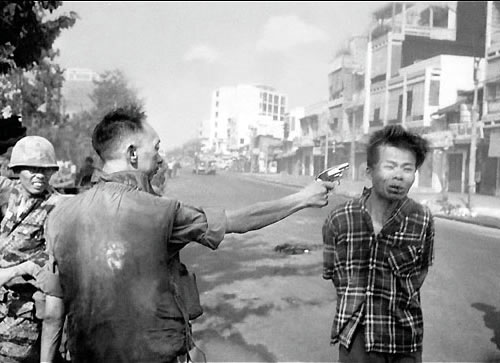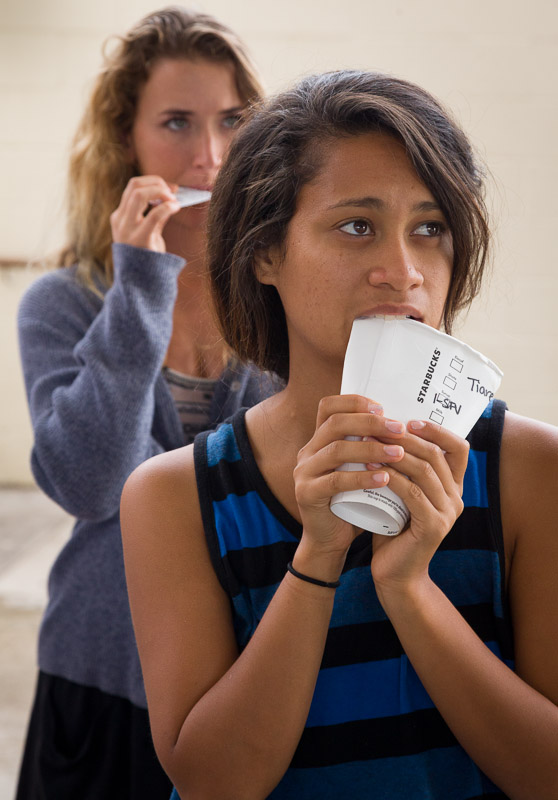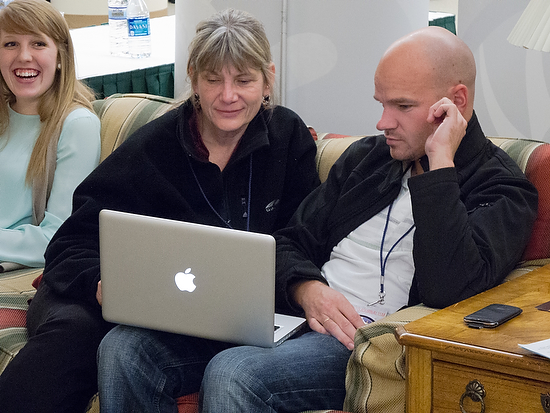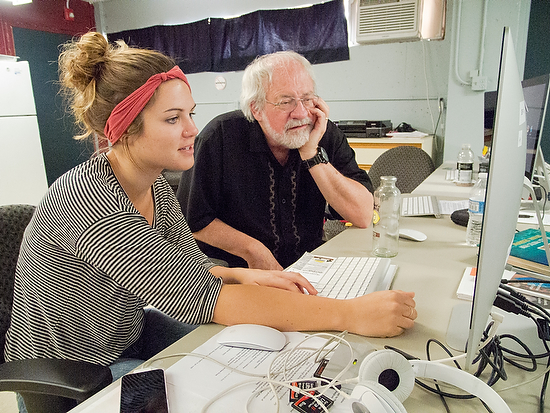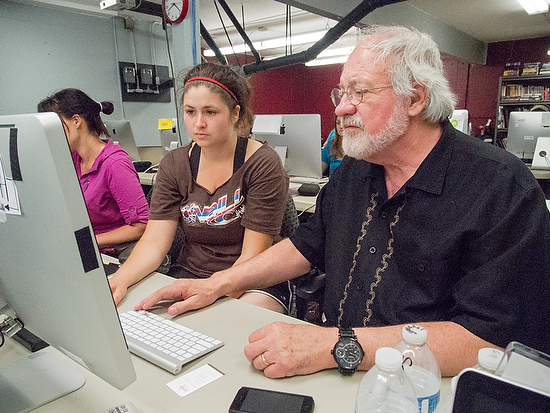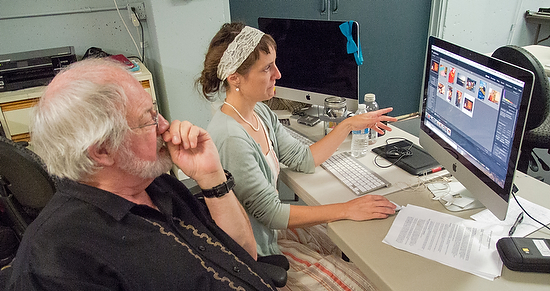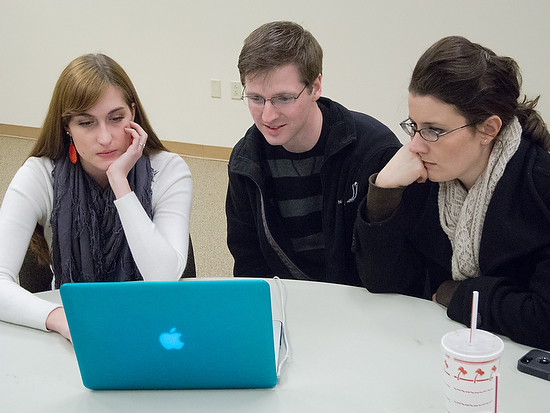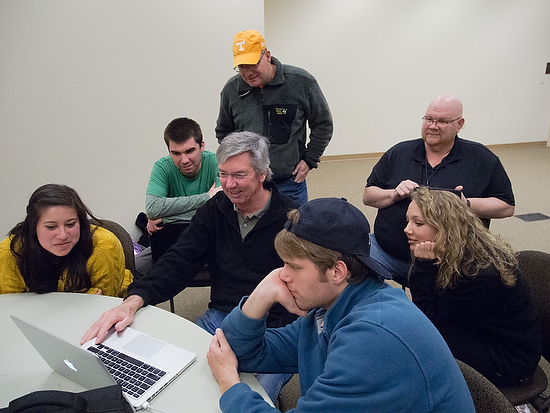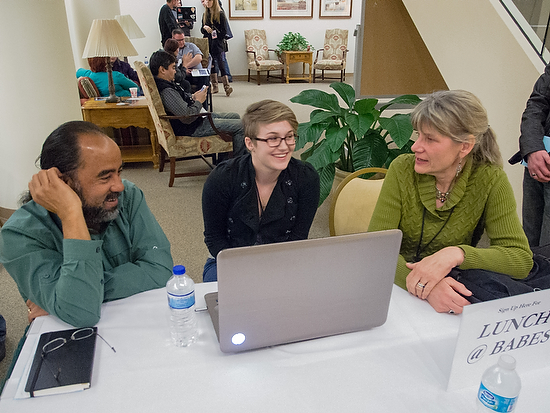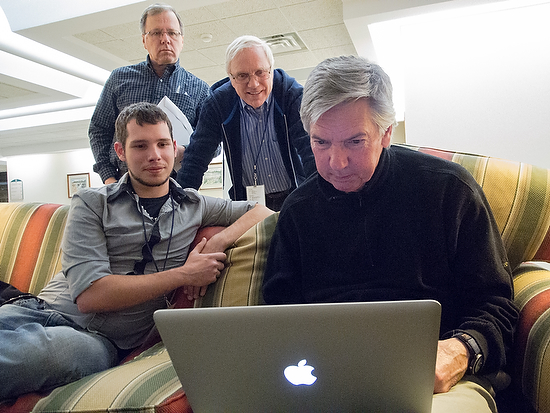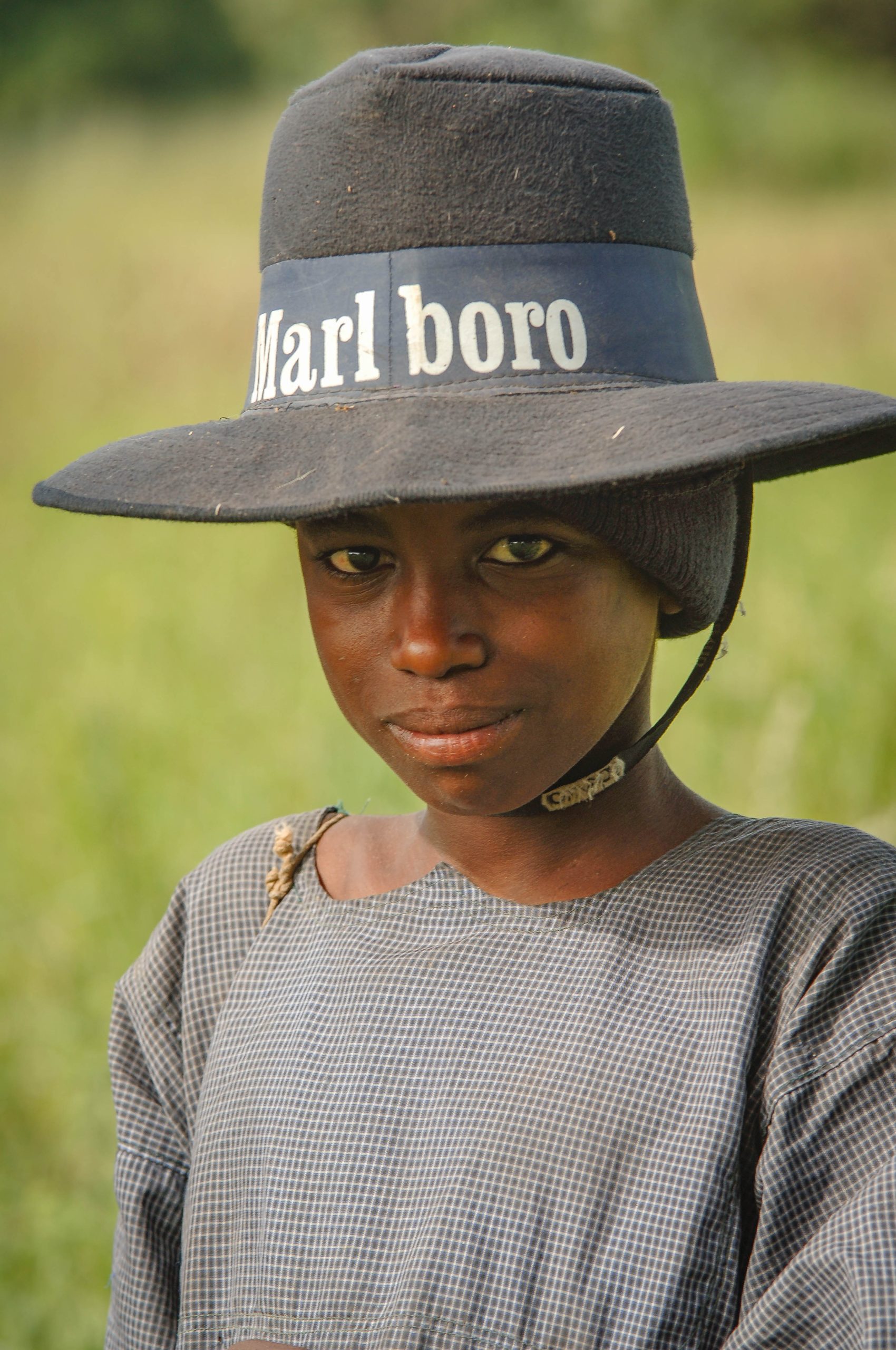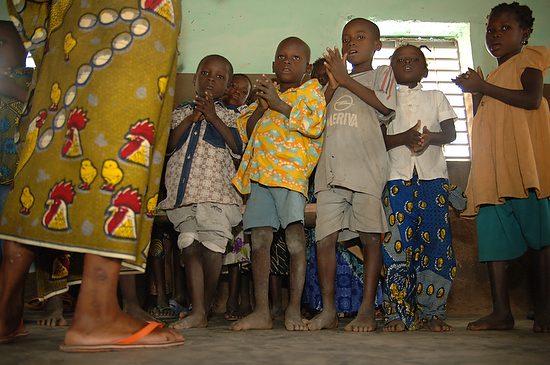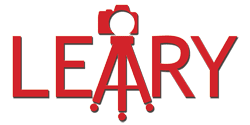Stanley on a school bus in Kinston, NC
While I have always wanted to be in control, I wasn’t in power for a long time.
Asperger’s Syndrome
It would not be until the adult years that I understood I had Asperger’s Syndrome. Early on, I went for psychological testing because of my behavior in the classroom. They suspected I had Autism, but they didn’t want to label me at that time.
You see, it was not until 1994 that the American Psychiatric Association recognized Asperger’s syndrome. While I majored in Social Work in early 1980, it was never discussed. When my sister was doing her Masters in Social Work, she came across it.
She recognized the symptoms in me.
There were a few things that made her aware I might have it. I didn’t talk until I was three years old. I was also socially awkward.
However, on the plus side of the characteristics:
- Persistent
- A perfectionist
- Easily able to identify errors
- Technical ability
- In possession of a sense of social justice and integrity
- Likely to question protocols
- Accurate
- Attentive to detail
- Logical
- Conscientious
- Knowledgeable
- Original in problem solving
- Honest
- Likely to thrive on routine and clear explanations
Once you get to know you
I have heard this phrase a lot throughout my life. The reason is those with Asperger’s Syndrome frequently say things without considering the emotional impact on the listener [faux pas]. Also, I tended to include too much detail when speaking on topics.
Those who have chosen to move past these social flaws soon learn to love me because of the many positive attributes that I do have. However, like everyone, I have some rough edges of a personality that don’t help me. Social Work and my Photography training would help me do a better job with my social skills.
Social Work & Photography
But God chose the foolish things of the world to shame the wise and the weak things of the world to shame the strong.
[1 Corinthians 1:27 NIV]
I find it quite strange that today I work as a professional communicator. You see, my greatest weakness is communication.
While I know I was called to do what I am doing; I am reminded of the scripture following 1 Cor 1:27.
… so that no one may boast before him.
[1 Corinthians 1:29 NIV]
It was my pursuing the call that I would be led down a path that has me working today as a professional photojournalist.
I went to college to major in Social Work, thinking I would be a pastor one day. Here I took these courses, which helped me intellectually understand people and social situations. Even with all this training, I still was not wired to grasp the social moments intuitively. So I can only say I have been blessed with opportunities that I alone did not merit.
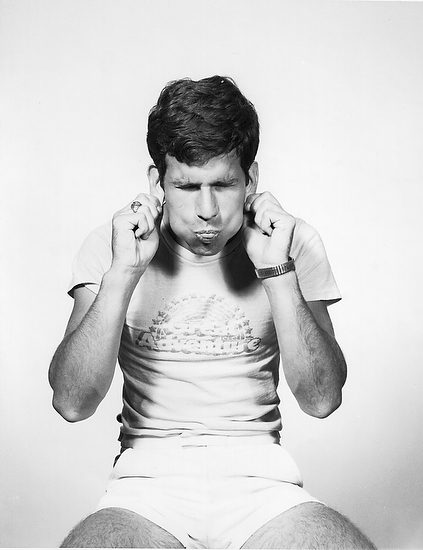
Here are some of the coursework required for Social Workers:
Human Behavior Course—This first or second-year course explores the interaction of various factors in human behavior, including biological, social, cultural, environmental, and psychological. Discussions focus significantly on individual behavior in a larger social framework. Attention is also given to diverse populations, including minorities, children, and the poor, as well as the impact of discrimination and oppression.
Social Work Research Methods Course—Social workers, must be able to research both new and existing social data effectively. This course provides the techniques to perform both qualitative and quantitative studies. Students learn to critically interpret, organize and use research findings in everyday practice. This is typically a second-year course.
Generalist Social Work Practice Course—Students in this course learn the intervention process in the social work context. They acquire the skills to evaluate, engage and intervene in social problems. This involves a study of the principles and values of generalist practice through multiple social perspectives. These perspectives include multicultural groups, families, and individuals. Social work roles, professional relationships, and service delivery models are also examined.
Social Work Policy Course—Social workers, must be familiar with the significant administrative, legislative, and judicial policies that affect their work. They must also understand how to advocate for policy changes to improve social conditions and empower at-risk groups. Students gain this understanding by exploring the history, organization, and philosophies of social policies and their effect on diverse populations. This course is generally taken towards the middle or end of a social work program.
Field Practice Instruction Course—In this course, students apply knowledge gained in the classroom to practical situations that model real-world problems. Students develop oral and written communication skills, adequate supervision, and critical assessment skills. This course may include placement with a social work agency and an additional seminar. It is generally taken towards the end of a social work program.
Photojournalists with Social Work or Psychology degrees
Later in my career, I would discover that many of my favorite photographers would have majored in Social Work or Psychology. Don Rutledge and Joanna Pinneo, who I worked with in my early years, were psychology majors. Eugene Richards was a social work major and worked as one for years before becoming a photojournalist.
There will be more about how photography would help me more than Social Work in Part 2

